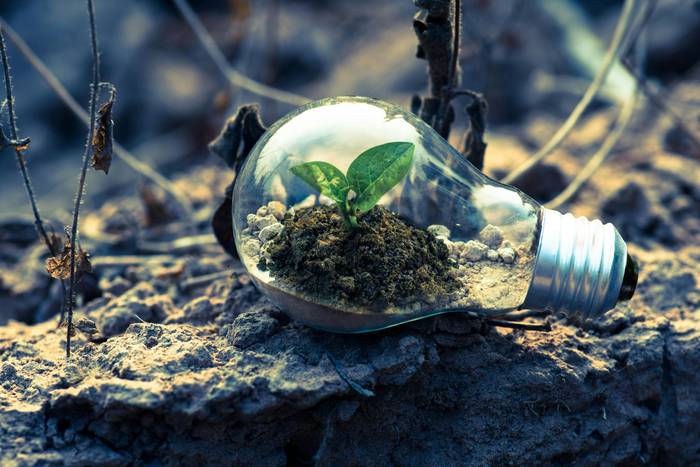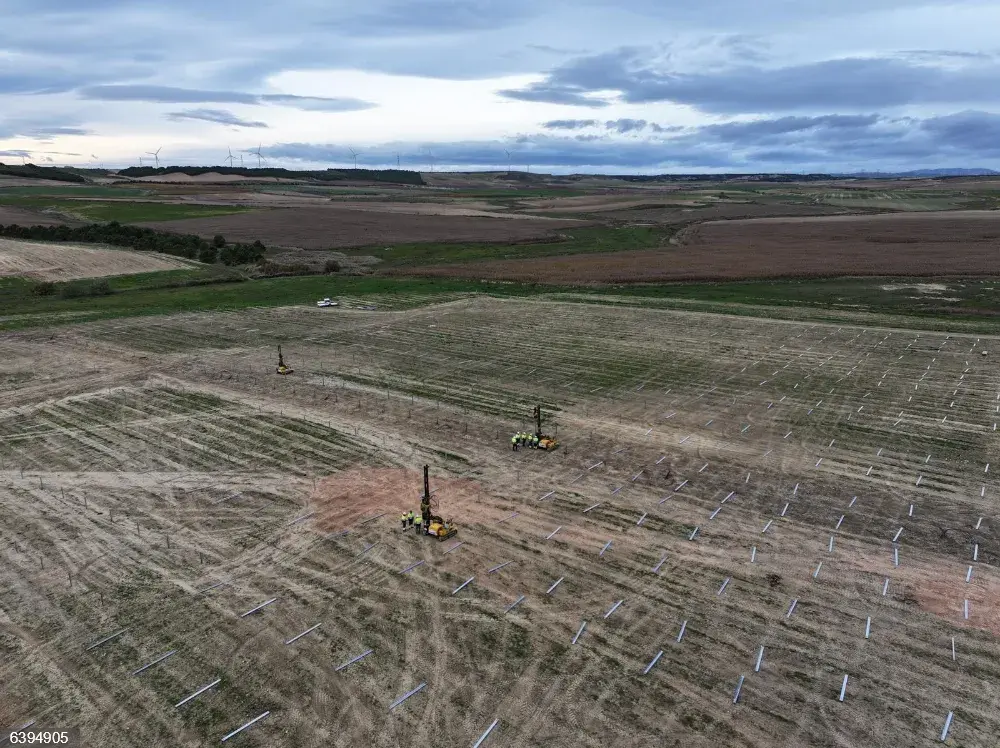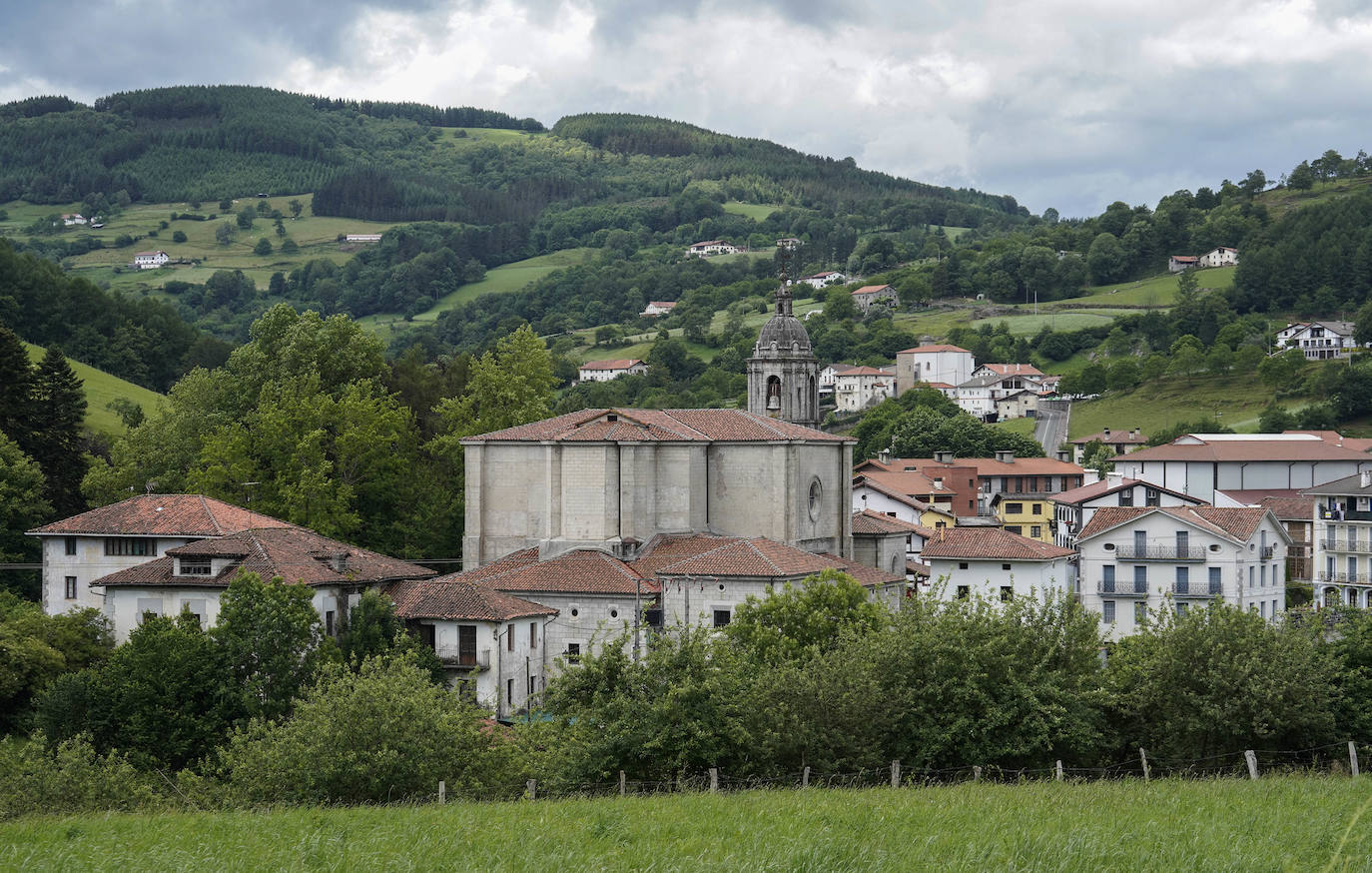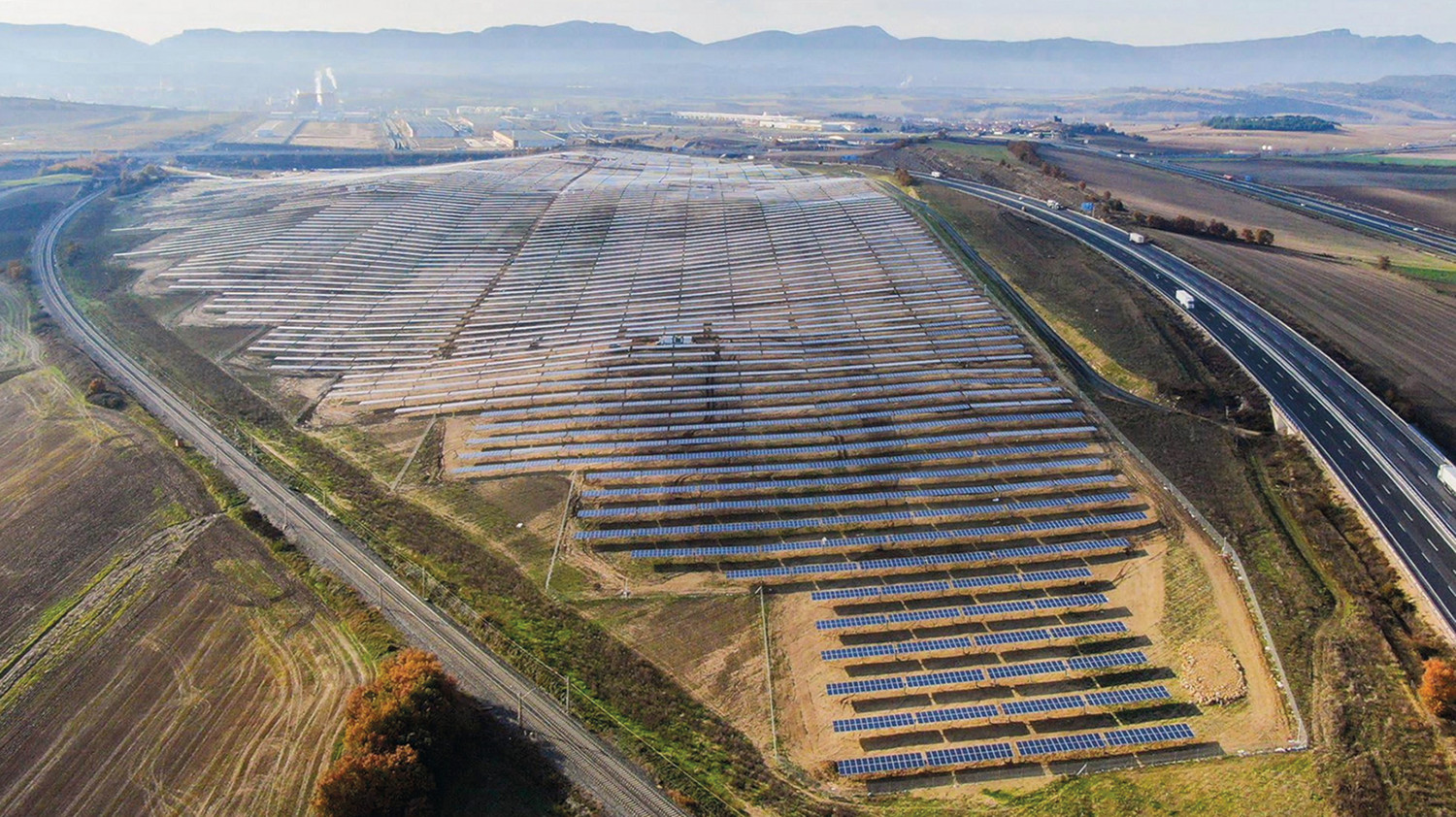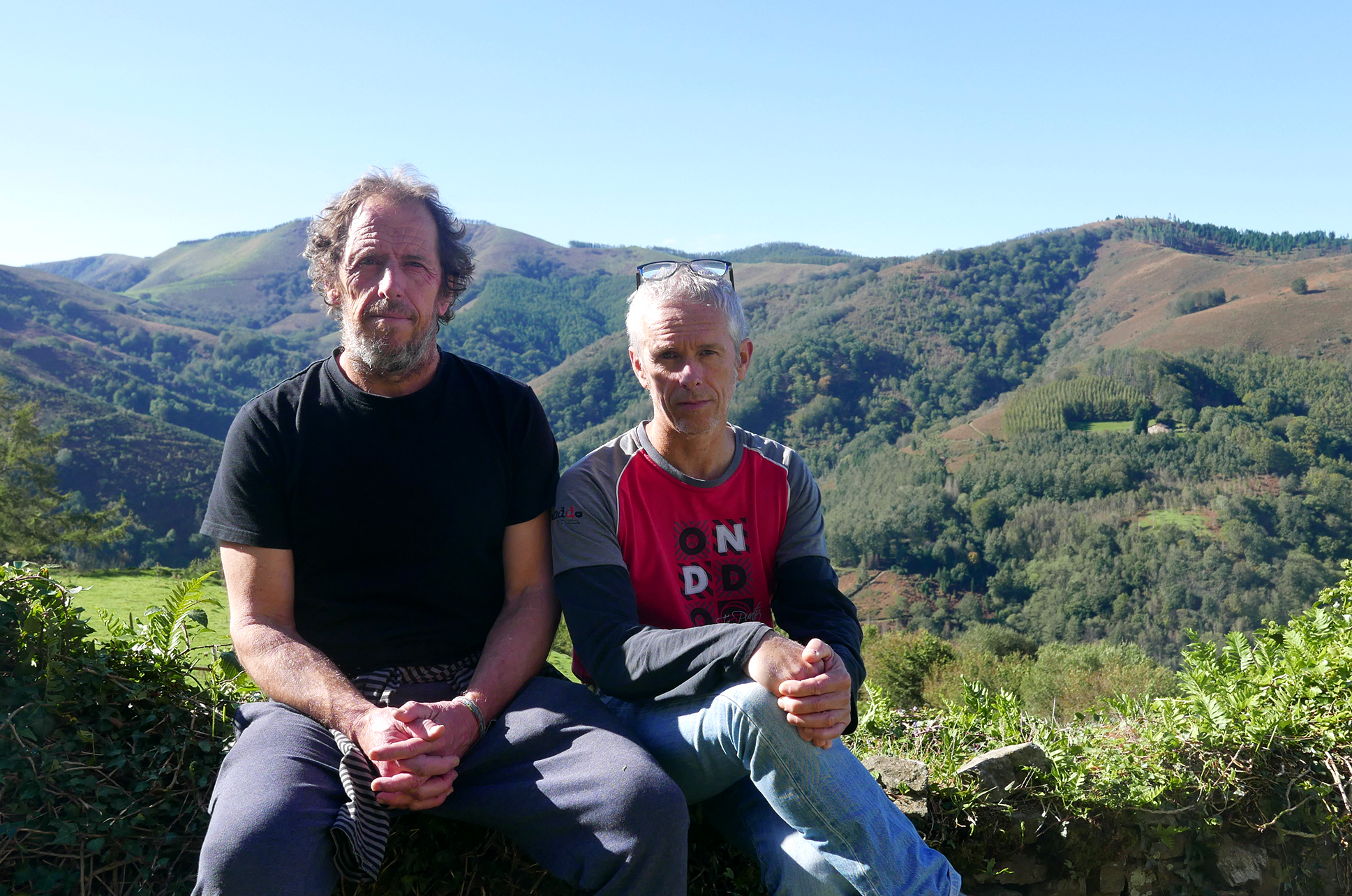Lesaka City Hall is committed to renewable and sustainable energy
- It has joined the Goiener and Nafarkoop cooperatives and has several projects in hand.

The municipality of Lesaka has become a member of the cooperatives Goiener and Nafarkoop, following the unanimous decision taken at the municipal plenary. Goiener is a cooperative created to meet the energy needs of the Basque Country in a sustainable way and which Nafarkoop is performing from a productive point of view. This has been reported to us by Mattin Etxabide, Municipal Councilor of Lesaka.
Electricity has four phases: production, high voltage transport, low voltage distribution and commercialisation. Two of them are liberalised, production or creation and commercialisation. In this case, production with the advice of Nafarkoop with the start-up of self-consumption facilities and the marketing of Goiener. ‘We are committed – says Etxabide – to transport and distribution, by law by other companies’.
Lesaka City Hall wants to ensure that the energy it consumes is renewable, “in that we join the Goiener project: that it is a local energy, located in the Basque Country and through the cooperative system”.
The Lesaka City Hall will already pay Goiener the bill for the month of May, which until now was paid to Iberdrola, and that the change has been a simple process, “it has no complication, it is simpler than changing telephone company. They communicate the data to Goiener and it is they who process the change without any problems. It has no complications to do so as an organization as well as a particular one.”
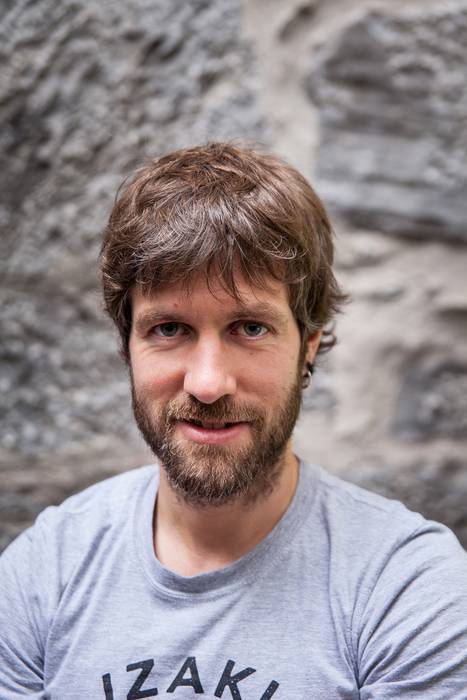
Mattin ETXABIDE, Lesaka councillor
In its commitment to renewable energy, the Lesaka City Hall also has other projects for the future. “We want to be referential and promote that change between citizenship. If people see that by one or two years the People’s House is working this way, uses 100% renewable energy and has not had problems and also comes out cheaper, it will give you confidence,” said Etxabide.
Solar panels and LED system
In this sense, in the words of the councillor of Lesaka, "we are studying and taking the first steps, to put solar panels in the pool and thus give energy to the house and the house of culture, and if possible for the residence of the elderly. We are going to invest with the advice of Nafarkoop and we want to show that that is also feasible. Then we will be transparent and we will publish the data so that citizens see that it can be changed, that there is no risk and that it is economically and environmentally positive."
According to the previous legislation, the installation of solar panels by the individuals was not feasible, but the situation has changed and to clarify the doubts, the City Hall also wants to offer advice, support and information in this regard, with the help of Goiener. “We know that Lesaka is not the sunniest people in the world, but let’s see if making such an investment is viable or not, knowing what aid they are.” The first experience will be the placement of 5-7 lanterns equipped with solar panels in the area of Martxanpaita, “this is commissioned, but it is a little stopped by the current situation. These streetlights are more sustainable, they have a smooth light all the time, and when someone approaches, they get stronger. On the one hand, efficiency is improved and, on the other, light pollution is reduced, always ensuring the safety and tranquillity of the afternoon. The current system is not efficient, much of the brightness goes to the sky, it's lost and in winter the light is turned on for so many hours, even when it doesn't work. With today's technology you can adjust that light." Lesaka City Hall also plans to change lighting to LED.
It is precisely after this step by the City Hall that people are encouraged. In this regard, when the construction fees were approved, the City Council considered that renewable energy works or solar or wood heating projects would have a reduced rate.
Biomass in collaboration with the Municipality of Bera
With regard to biomass, according to Etxabide, ‘we want to feed ourselves with indigenous wood and we want to encourage collaboration with the Municipality of Bera, on which we have started. It is a project that comes from the 2011 mandate of Bildu, which was launched, but not fully developed.” Currently, the companies contracted by the municipalities of Lesaka and Bera carry out the whole process with the aim of “being self-managed and expanding them to the maximum”.



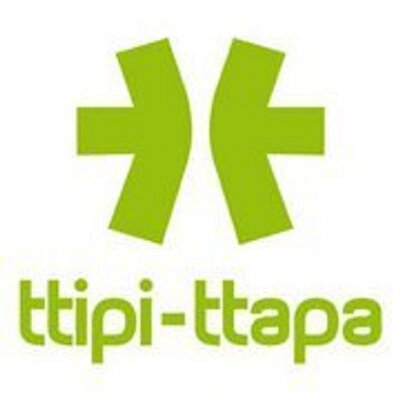





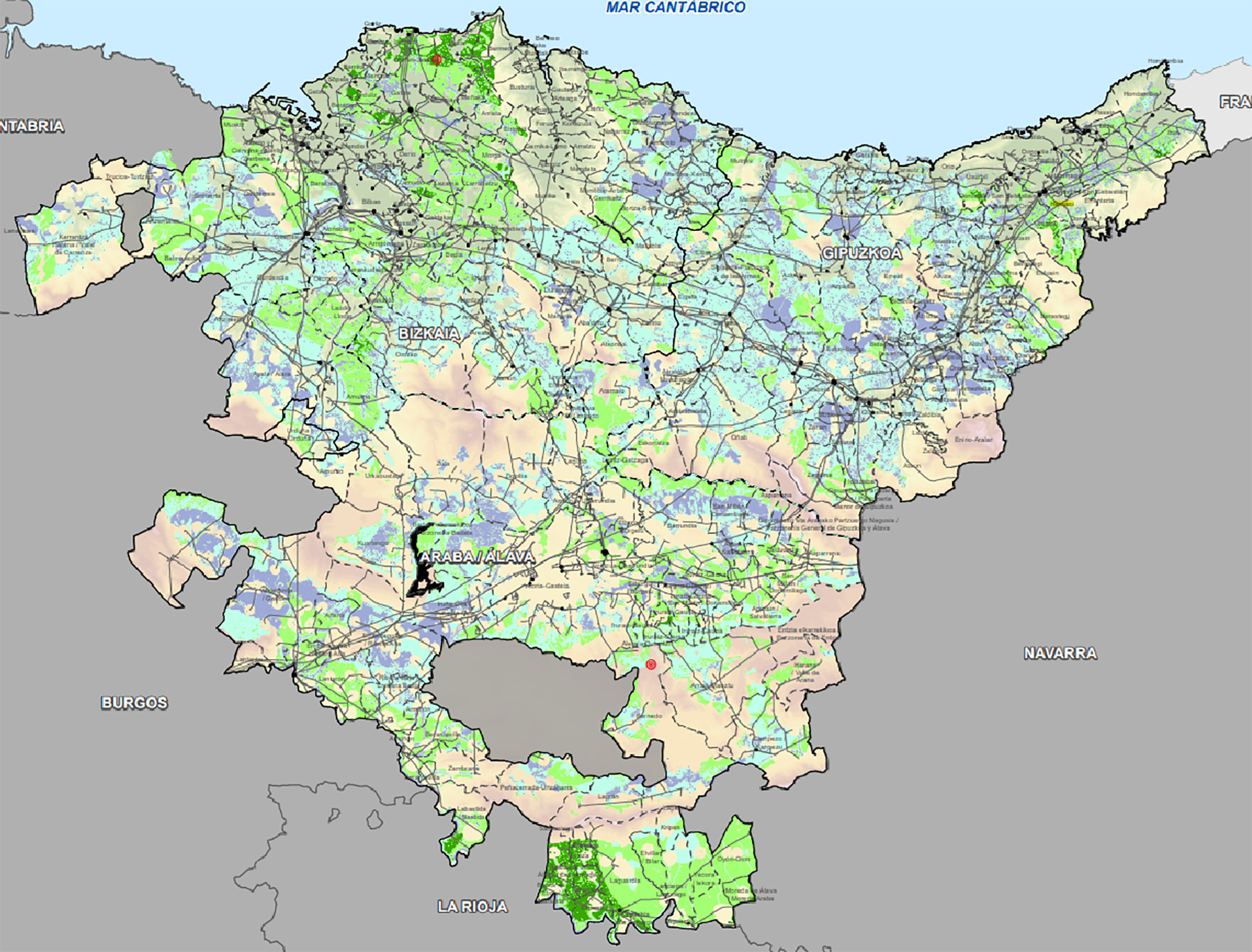
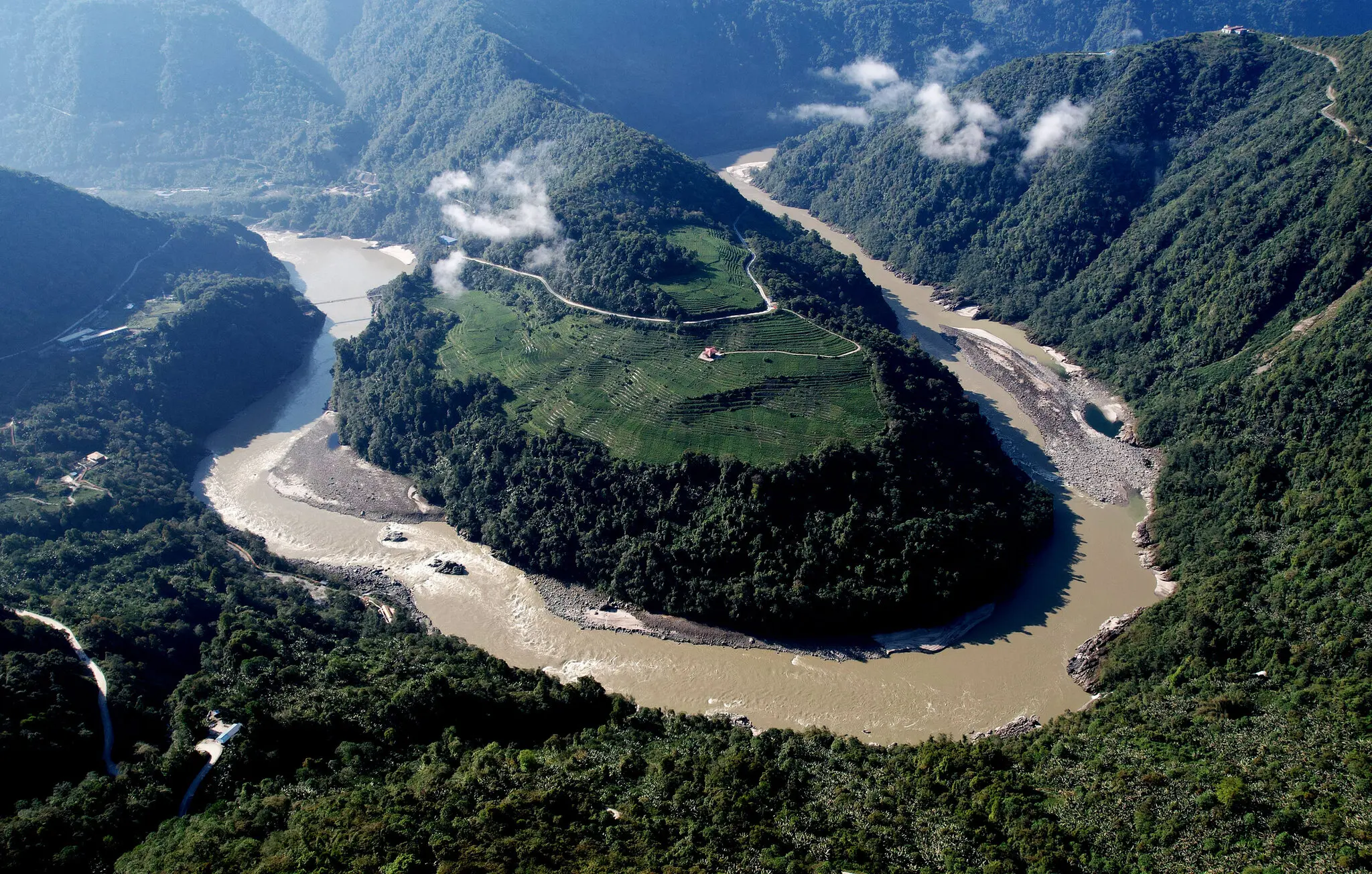


.png)
